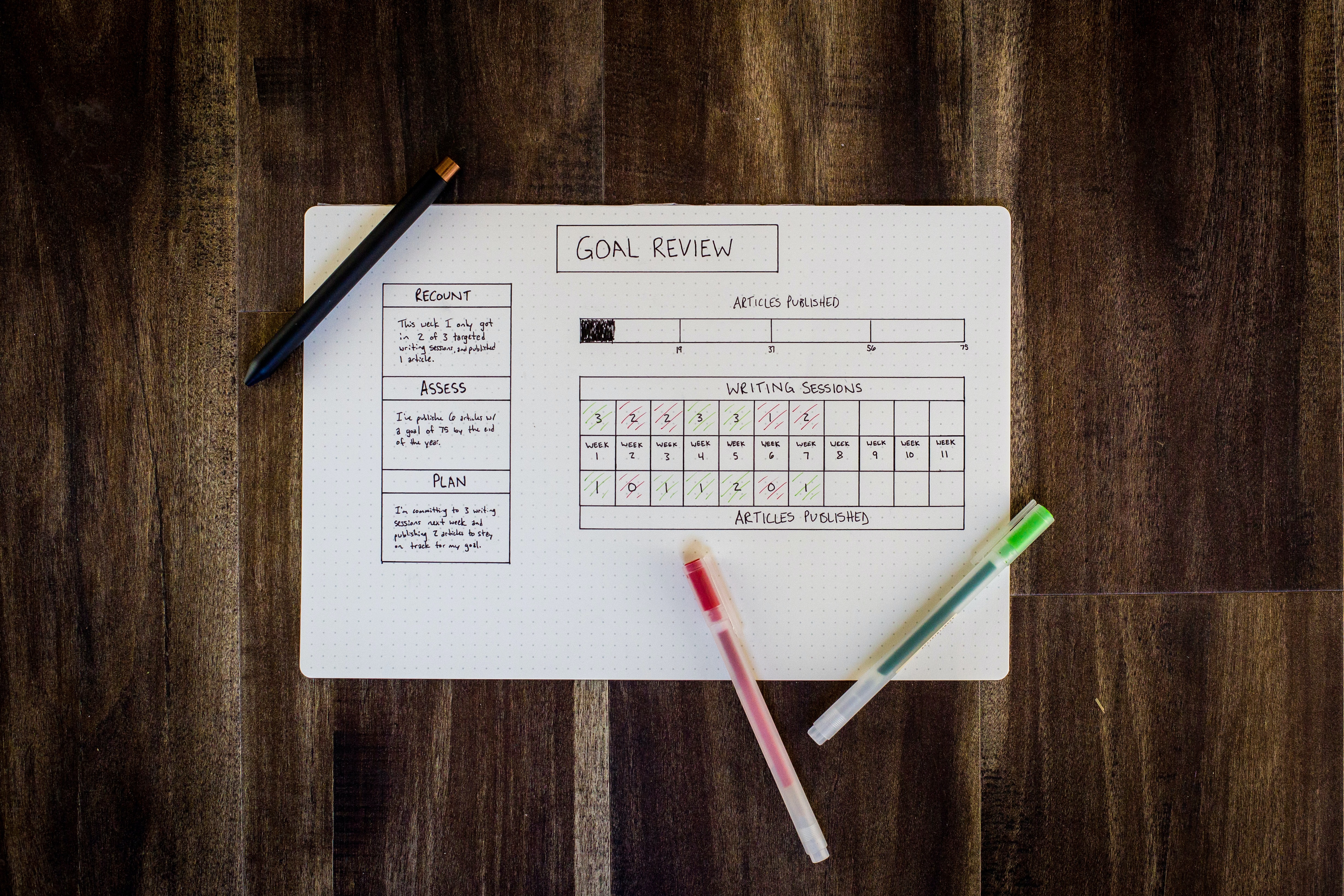Remote Sales People Will Set You Free. Gain Access to a Global Talent Pool.
As more and more businesses are turning to remote workers around the globe, it is important to learn the best practices when hiring remote salespeople. There are many differences when it comes to hiring remote sales as opposed to in-house. A salesperson who excels working in an office with others, might not be able to produce the same when working remotely, and vice versa.
The good news is, that many salespeople flourish working remotely, and it makes them that much more productive. Many business owners think that in-house is always better than remote, but this has been disproven time and time again by some of the biggest corporations in the world. Companies like Yelp and Google have created massively successful remote sales teams, leveraging talent all over the world.
We already know remote sales teams are proven highly successful under the right management, so let’s take a look at hiring your first remote salesperson, and what you should look for as far as qualifications. Obviously all the basics of hiring a good sales person apply here, but we want to look specifically at finding someone who will excel in a remote sales environment.
Ability to Work Independently Remotely.
Has the applicant worked a remote sales job in the past? With the growing popularity of remote sales, it is likely that they have. If they have, how many remote sales jobs have they worked, and how long did each one last? If they have had multiple short stints working remotely, say, 3 months or less, it is likely they struggle with remote work and will need a great deal of support and hand-holding in order to be successful. Many people can be taught to work well remotely and independently, but not everyone has the time and money to do so. In sales we want results and we want them as soon as possible, so someone who has a history of working remotely for 6+ months is ideal.
Generally, you want a candidate who has worked 1 or more remote sales jobs and has 6 or more months at each one. If you can’t find a candidate who has this, you will want to speak with them about how they plan to adapt to this new work environment.
Experience with Sales and Communication Software.
A remote sales team cannot function without a suite of software tailored for proper communication, data management, scheduling, progress tracking, and so much more. If you hire a remote sales person who is not tech-savvy, it could be disastrous. Even if you put in many hours training them specifically on your software systems, if they do not have some past experience with similar systems, it will be an uphill battle on all fronts. The frustrations that are bound to occur will kill any sales momentum.
You absolutely need your remote sales person to be tech-savvy.
When you hire a remote sales person who has experience in the software you use, or software that is similar, they will find everything intuitive and will be able to get right to training on selling your product. They will already know the drill and will be confident to get right into selling. This confidence will translate into better production and more sales.
Strong and Active Communication Skills.
Good communication is everything when working with and building remote teams. Most salespeople prefer to talk to managers and co-workers face to face or over the phone, but when doing things remotely, this is not something that managers always have time for. It is not cost-effective to spend half your day on the phone or video chat with one salesperson. This is why text chat on things like Skype and Slack is so vital.
Your remote sales people MUST be on board with a wide array of lines of communication, but chat might be the most important for training and continued support. If possible, try to even have the second interview be on, or at least start on, something like Slack Chat or Skype Chat. If you begin to move forward with a new salesperson, and they are not actively communicating with you and responding to you on chat, then you are going to have a problem.
This all might be new to them, no problem. Just explain to the how important it is that they actively communicate with you in the chat. If after that, they are still struggling to communicate effectively, and you are getting short curt messages or long gaps in communication, they are likely not ready for remote work. Your options are to either invest in a significant amount of training in hopes that their sales talent will make it worth it, or cut them loose and find someone who can more easily adapt.
Set Goals, Milestones, and Expectations.
Without the accountability and sales energy of an in-office position, you need to get creative on how you set the standard for production milestones. Before hiring, you should set clear expectations on what should be achieved in the first week, the first month, and so on. Thanks to things like production-based bonuses and commissions, most good salespeople (money motivated) will not need a ton of babysitting. If an applicant is excited about hitting goals and getting those big commissions then that is a great sign. If an applicant doesn’t show a lot of interest and is focused more on how long of breaks they get, what is the base salary, if they can work flexible hours, etc… then they might not be the best fit.
Conclusion.
Hiring a remote sales agent can seem simple enough, but the reality is there are a lot of things that can go wrong after you have already invested time and money onboarding new people onto your sales team. However, if you know what to look out for and how to manage remote salespeople, you will have access to the biggest sales talent pool in the world. It is an exciting time to be in sales.
Below is a handy list you can use to help streamline your hiring process.
GOOD
- Has held a remote sales job in the past for 6 or more months and exited or is exiting on good terms.
- Already has a good computer set up (no Chromebooks, tablets, or phones please!), a good headset, fast internet, and a quiet place to work.
- Is able to work effectively in the Time Zone that you operate in and is comfortable doing so.
- Has experience with the software you use or similar applications and is overall tech-savvy.
- Can commit to your system and sales pipeline.
- Quick responses, good communication skills and responds to all your questions without skipping anything.
- Is someone who can commit to a full-time position.
- Shows up for interviews on time or early.
BAD
- Has a resume or cover letter with little to no details on what they did at previous jobs.
- Jumps around from job to job, only working at a given position for less than 6 months.
- Has not worked in 6 or more months.
- Little to no experience working remotely.
- Is not tech-savvy and struggles with simple things like email, opening PDFs, and Word Docs.
- Takes a long time to respond and get back to you.
- Sounds unprofessional on the phone and is not energetic.
- Does not have their own computer, headset, and quiet home office.
- Is more concerned with base pay than bonuses and commissions.








